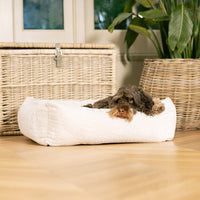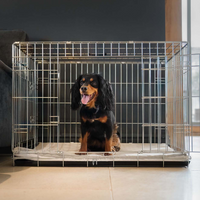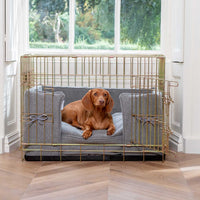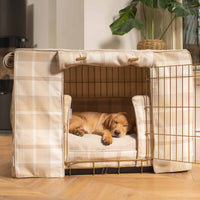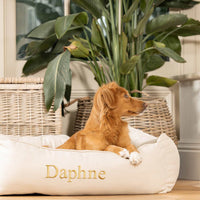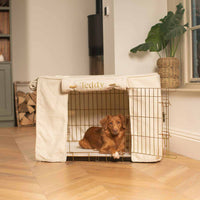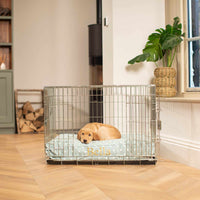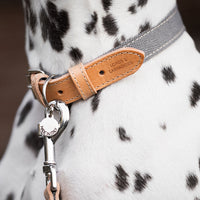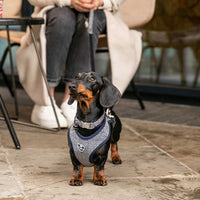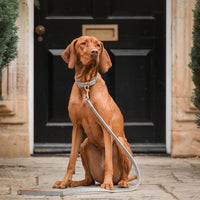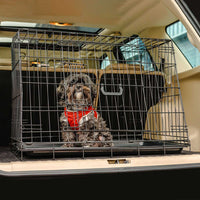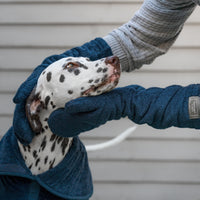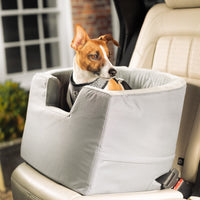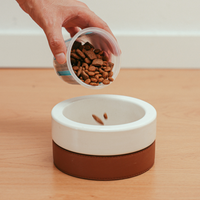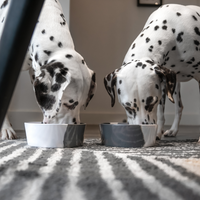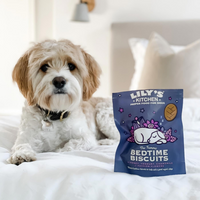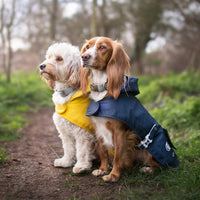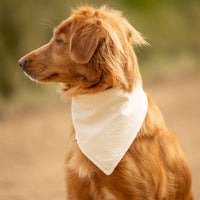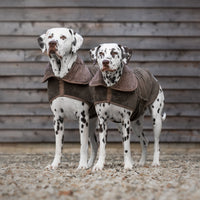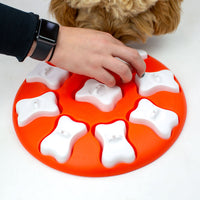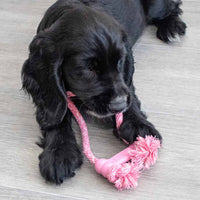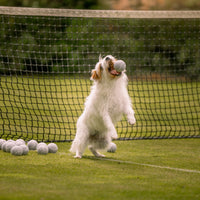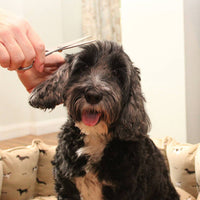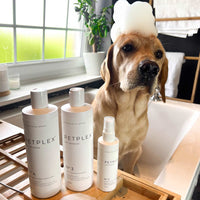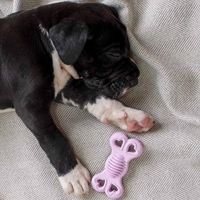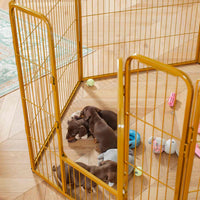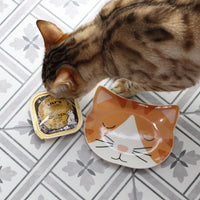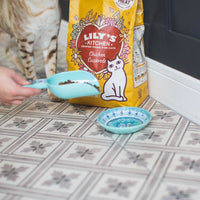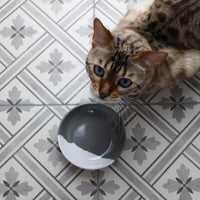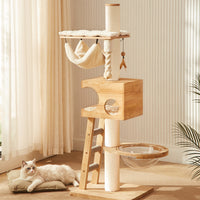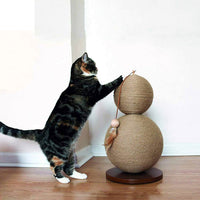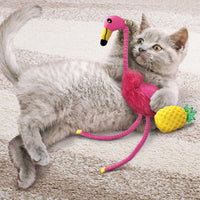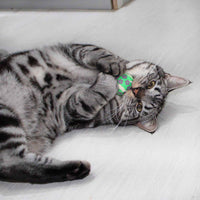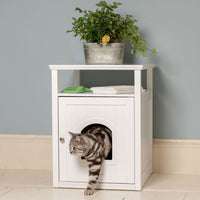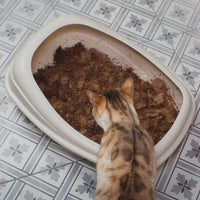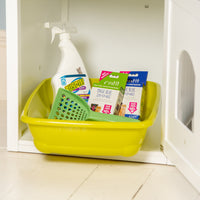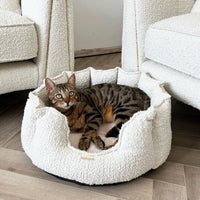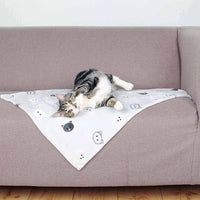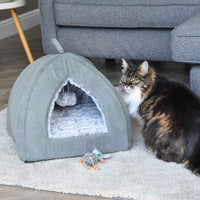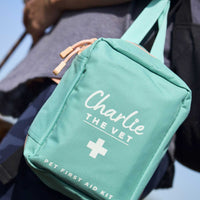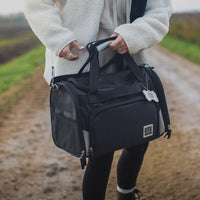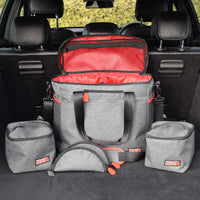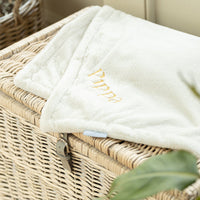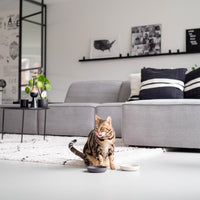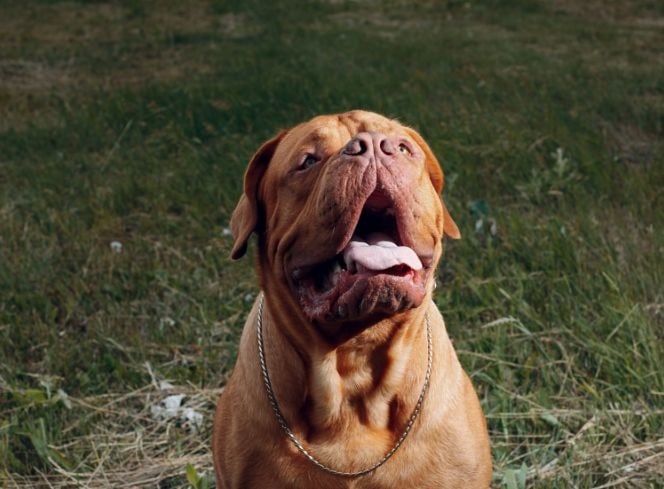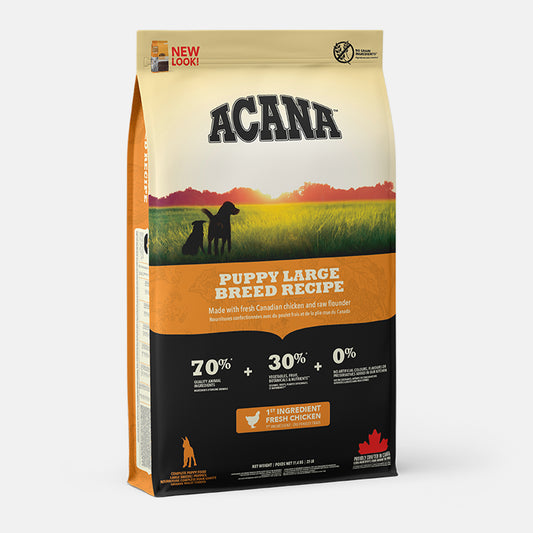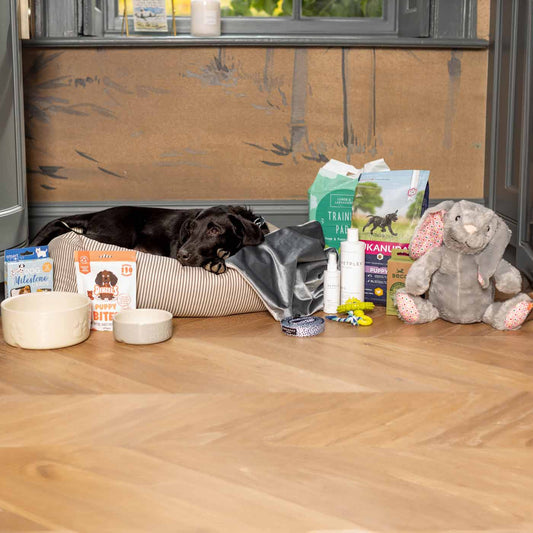If you're considering bringing a Dogue De Bordeaux into your family or you're already a proud owner of this majestic breed, you're in for a treat! Known for their impressive size, gentle demeanour, and loyalty, Dogue De Bordeaux, also referred to as French Mastiffs, are captivating companions that leave an indelible mark on the hearts of those who welcome them into their homes. In this comprehensive guide, we'll delve into everything you need to know about Dogue De Bordeaux, from their personality and health issues to training tips and grooming essentials.
Dogue De Bordeaux Facts and Information
Dogue De Bordeaux Fact File
| Kennel Club Breed Group | Working |
| Size | Large |
| Weight | 45-68 kg |
| Daily Exercise | 1+ hours a day |
| Coat Type | Short and smooth |
| Coat colours | Fawn, Isabella, Mahogany, Red, Red & White, Red With Black Mask, Red With Brown Mask and Tan |
| Lifespan | 10+ years |
Origin and History
Originating from France, the Dogue De Bordeaux has a rich history dating back centuries. These dogs were once employed as guardians of castles, estates, and livestock, showcasing their innate protective instincts and unwavering loyalty to their families.
Physical Appearance
Dogue De Bordeaux is characterised by its robust and muscular build, with a distinctive wrinkled face and a powerful jaw. Their short coat comes in various shades of fawn, ranging from light to dark, with occasional white markings on the chest and toes.
Dogue De Bordeaux Personality and Traits
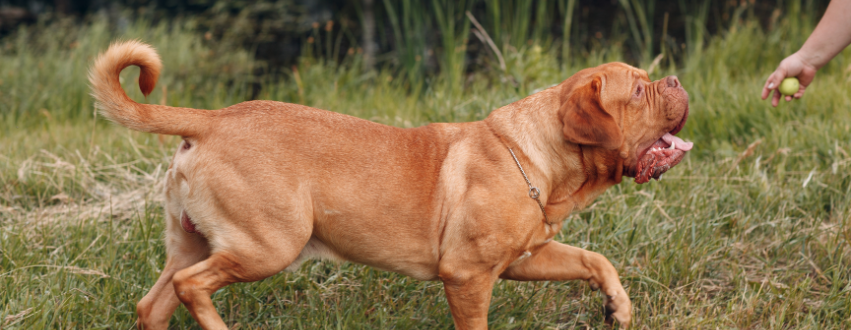
Temperament
Known for their gentle disposition and affectionate nature, Dogue De Bordeaux are devoted family companions. Despite their imposing size, they are remarkably gentle with children and possess a calm demeanour, making them excellent family pets.
Loyalty and Protective Instincts
Dogue De Bordeaux are fiercely loyal to their families and possess a natural instinct to protect their loved ones. While they may appear aloof with strangers, they form deep bonds with their owners and demonstrate unwavering devotion.
Gentle Giants
Despite their intimidating appearance, Dogue De Bordeaux are affectionately referred to as "gentle giants" due to their loving and docile nature. They thrive on human companionship and enjoy being an integral part of the family unit.
Dogue De Bordeaux Health Issues
Common Health Concerns
Like all breeds, Dogue De Bordeaux may be prone to certain health issues, including hip dysplasia, elbow dysplasia, heart problems, and respiratory issues due to their brachycephalic (short-nosed) anatomy. Responsible breeding and regular veterinary care are essential to ensure their well-being.
Weight Management
Due to their large size, Dogue De Bordeaux are susceptible to obesity, which can exacerbate existing health conditions and impact their overall quality of life. Maintaining a balanced diet and providing regular exercise are crucial in preventing weight-related issues.
Veterinary Care
Regular veterinary check-ups, vaccinations, and preventive care measures are vital for maintaining your Dogue De Bordeaux's health and detecting any potential issues early on.
Raising a Dogue De Bordeaux
Puppyhood
When bringing home a Dogue De Bordeaux puppy, it's essential to create a nurturing and structured environment to promote their physical and emotional development. Socialisation, positive reinforcement, and establishing routines are key aspects of raising a well-adjusted puppy.
Crate Training
Introducing crate training early on can help provide your Dogue De Bordeaux with a safe and comfortable space of their own while aiding in housebreaking and preventing destructive behaviours. If you’re wanting to crate train your Dogue De Bordeaux, our Crate training guide has all of our Pet Experts top tips and tricks for making it as smooth as possible!
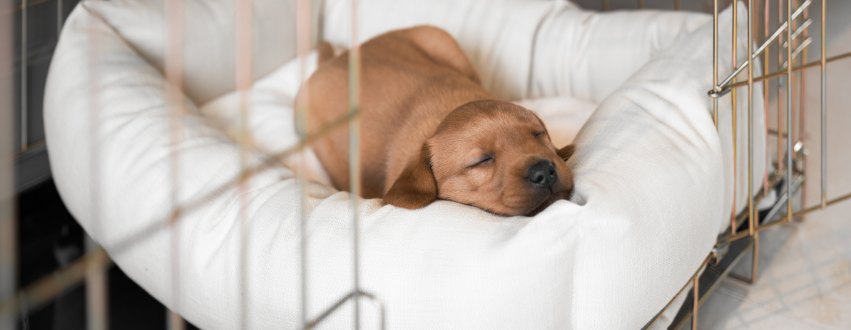
Obedience Training
Consistent and positive reinforcement-based obedience training is essential for fostering good behaviour and strengthening the bond between you and your Dogue De Bordeaux. Patience, consistency, and gentle guidance are key principles in effective training.
Exercise Needs
While Dogue De Bordeaux enjoy leisurely strolls and lounging indoors, they also require regular exercise to maintain their physical health and mental well-being. Aim for daily walks and engaging play sessions to fulfil their exercise requirements. Shop our walking accessories here.
Dietary Needs
Nutrition
Providing a balanced and nutritious diet is crucial for supporting your Dogue De Bordeaux's overall health and vitality. Opt for high-quality dog food formulated for large breeds and consult with your veterinarian to determine the appropriate feeding regimen for your pet's age and activity level. Some high quality brands to explore are Carnilove, Orijen and Acana, all three brands are rich in protein content and have specific large breed formulations to support your Dogue De Bordeaux at every stage of life from puppy to adult to senior.
Feeding Schedule
Establishing a consistent feeding schedule helps regulate your Dogue De Bordeaux's appetite and prevents overeating. Divide their daily food portions into multiple meals to aid in digestion and prevent bloating, a common concern in deep-chested breeds.
Grooming Tips

Coat Care
Dogue De Bordeaux have a short coat that requires minimal grooming. Regular brushing helps remove loose hair and prevents matting, particularly during seasonal shedding periods.
Bathing
Dogue De Bordeaux’s are prone to skin irritation so we recommend using a sensitive formulation of shampoo when bathing them. PetPlex Derma doctor has been formulated specifically for dogs with sensitive skin, its fragrance, silicone and paraben free and full of mild ingredients so is great for sensitive puppies.
Facial Wrinkles
Pay special attention to the facial wrinkles characteristic of the breed, as they can trap moisture and debris, leading to skin irritation and infections. Gently clean the wrinkles with a damp cloth or wipe and ensure thorough drying to prevent moisture buildup.
Nail Trimming and Dental Care
Regular nail trims and dental care are essential aspects of your Dogue De Bordeaux's grooming routine. Trim nails as needed to prevent overgrowth and discomfort, and incorporate regular brushing and dental treats to maintain oral health.
Best Beds For Dogue De Bordeaux
Invest in a spacious and durable dog bed that accommodates your Dogue De Bordeaux's size and provides ample support for their joints and muscles. Opt for orthopaedic or memory foam beds to alleviate pressure points and promote restful sleep. All of our beds have a deep hollow fibre filling so are super supportive for your Dogue De Bordeaux’s joints, our Rhino tough range is a great choice for your Dogue De Bordeaux!
Best Toys For Dogue De Bordeaux
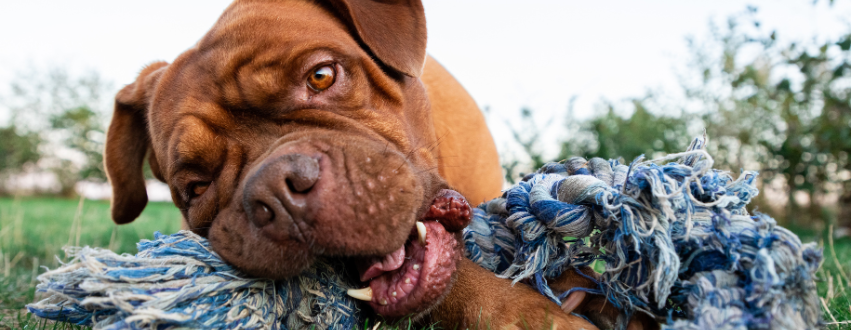
Choose sturdy and interactive toys that cater to your Dogue De Bordeaux's size and strength. Look for toys made from durable materials such as rubber or nylon that can withstand vigorous chewing and play sessions. Shop our durable toys here.
Conclusion
In conclusion, Dogue De Bordeaux are remarkable companions cherished for their gentle demeanour, unwavering loyalty, and distinctive appearance. By understanding their unique needs and providing them with love, care, and proper training, you can cultivate a fulfilling and harmonious relationship with your beloved French Mastiff. Remember, your Dogue De Bordeaux is more than just a pet – they are a cherished member of the family deserving of the best care and companionship.
Whether you're considering adding a Dogue De Bordeaux to your family or already have one by your side, embrace the journey of companionship and revel in the joy of sharing your life with these magnificent creatures. With patience, dedication, and a whole lot of love, your Dogue De Bordeaux will undoubtedly enrich your life in ways you never imagined. Shop our handpicked collection for Dogue De Bordeaux’s here.


